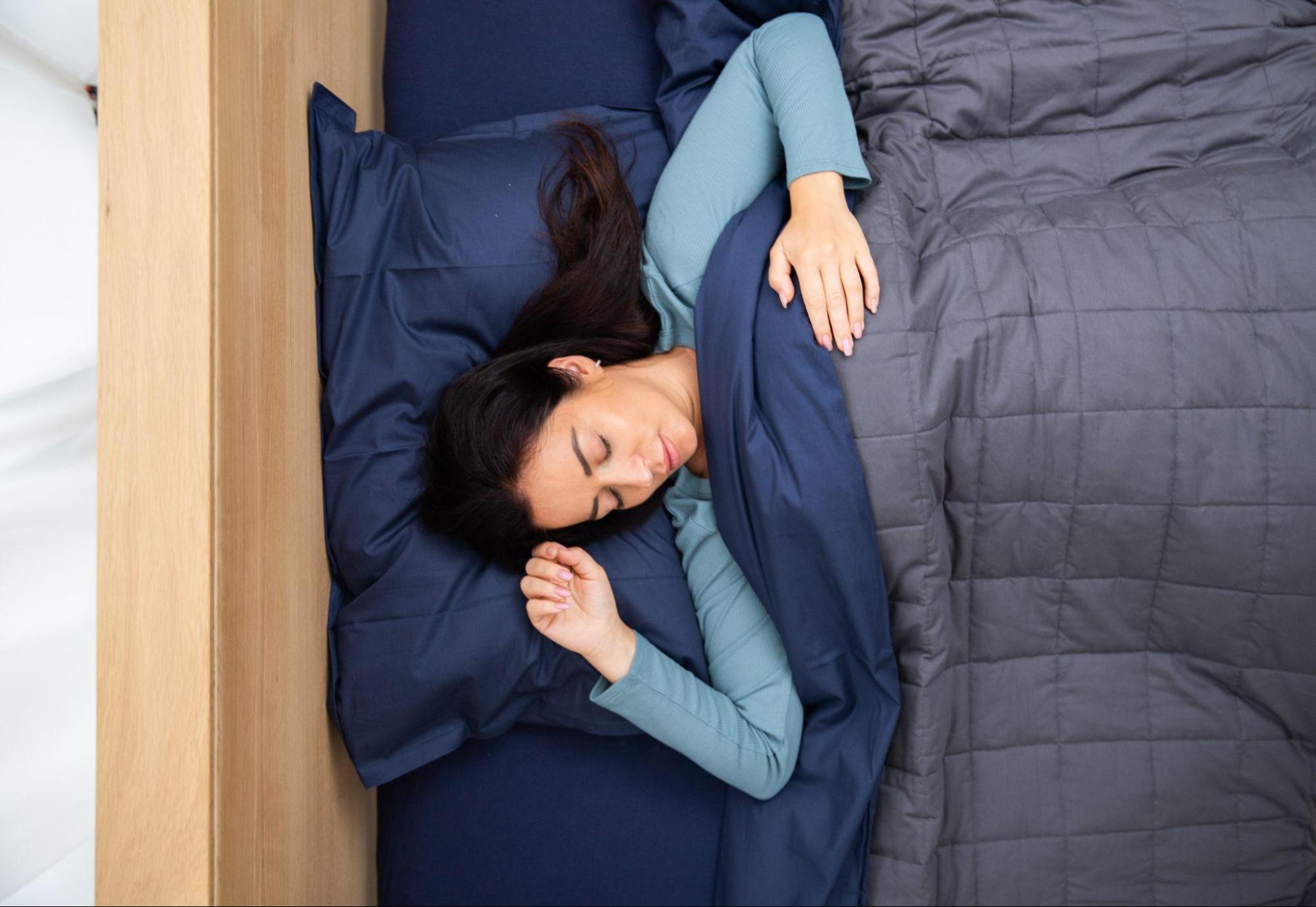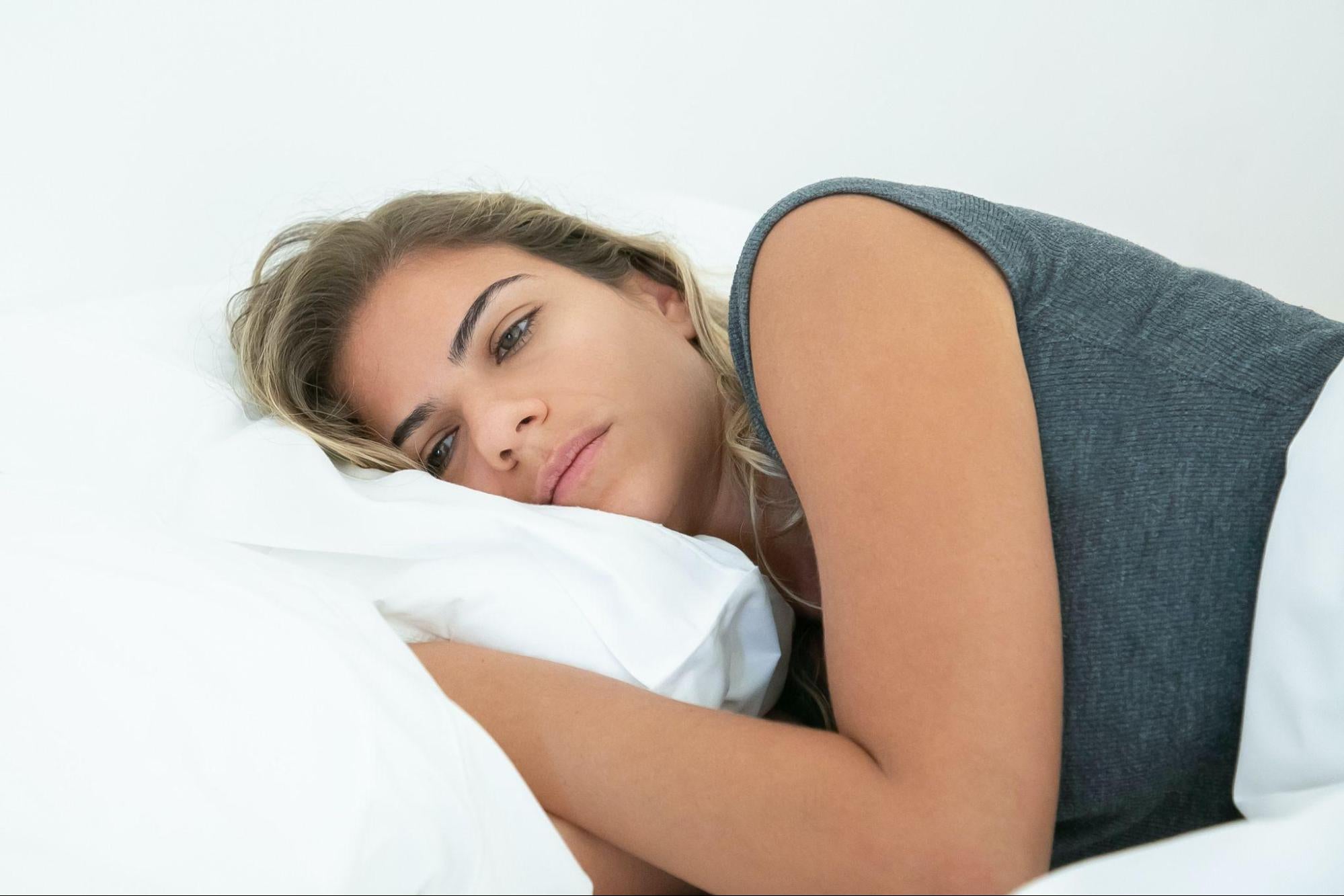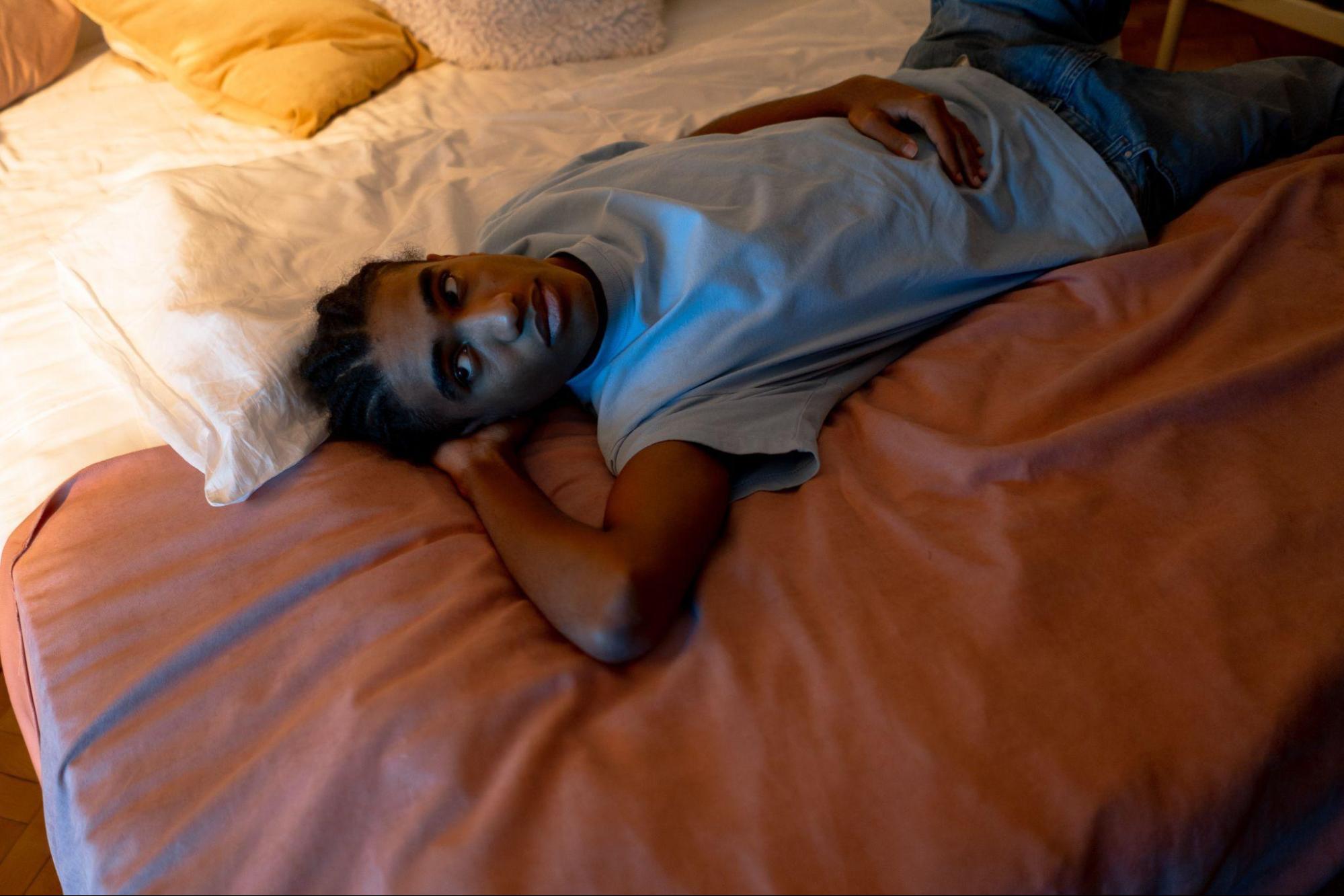In the intricate tapestry of health and wellness, sleep emerges as one of the most essential threads, weaving together the various components of our body's systems. Beyond merely feeling refreshed and alert, quality sleep plays a pivotal role in bolstering the immune system and facilitating optimal recovery. The interplay between sleep and our body's defense mechanisms is a dance that has been deeply studied, revealing profound implications on overall health, disease prevention, and recuperation.
Understanding the underlying science of sleep can empower individuals to prioritize their rest and make informed choices to bolster their well-being. As we dive deeper into the connections between sleep, the immune system, and recovery, readers will gain a comprehensive perspective on the multifaceted benefits of adequate rest. So, keep reading to learn more about this fascinating relationship and how you can harness the power of sleep to fortify your health.
Related Link: 5 Best Over-the-Counter Sleep Aids Backed by Science
How Your Immune System Works
Your immune system is akin to the body's personal army, always on the lookout for potential threats, ready to defend against harmful invaders like bacteria and viruses. This complex system doesn't just fend off external threats but also plays an instrumental role in the healing process after an injury. Essential to overall health, the immune system's function requires precision. It must be robust enough to combat harmful pathogens promptly, but balanced to avoid unnecessary overreactions that can harm the body.
Looking for performance-optimizing gummies to help you achieve your fitness goals? Visit our website today!
Components of the Immune System

Delving deeper, the immune system is comprised of several key players, each having a specific role in this defense mechanism:
- WHITE BLOOD CELLS - Often termed the 'soldiers' of our body, leukocytes or white blood cells are frontline defenders. They not only recognize foreign pathogens but also engage and eliminate them. When these cells detect a threat, they release specific chemicals, ramping up the body's defensive actions.
- HISTAMINE - Histamine acts like an alert system. When pathogens are detected, histamine heightens blood flow to the affected regions, initiating the immune response. This chemical is primarily responsible for inflammation, a crucial healing process. However, in some cases where the body misidentifies harmless substances as threats, histamine can trigger allergic reactions such as hay fever.
- CYTOKINES - Think of cytokines as the communication network of the immune system. These proteins, dispersed throughout the body, transmit vital messages during an immune response. By signaling the release of other necessary chemicals and proteins, cytokines ensure a coordinated defense against threats.
Types of Immune System Activity
Distinguishing between the kinds of immune responses is pivotal in understanding its overall function:
- INNATE IMMUNITY - This is the body's immediate, generic defense mechanism, operational right from birth. It offers broad protection, but it isn't tailored to specific pathogens.
- ADAPTIVE IMMUNITY - In contrast, adaptive or acquired immunity is the body's tailored response, developed as a result of exposure to pathogens or after immunization. It remembers past invaders, ensuring a faster and more potent response during subsequent encounters.
How Sleep Impacts Your Immune System
Sleep isn't merely a break for your brain and body; it's also a crucial phase for your immune system. During those serene hours of slumber, there's heightened immune system activity. An increase in the production of cytokines, small proteins integral for modulating the actions of immune cells, takes place. This rise results in mild inflammation, a crucial player in facilitating wound healing and boosting innate immunity. But what about when you're in the pink of health or not recovering from an injury? Intriguingly, sleep might be enhancing your adaptive immunity, implying that a significant chunk of your immune system's "education" occurs when you're in dreamland. The underlying cause of this relationship remains a hot topic among researchers, but prevailing theories hint towards the possibility of reduced bodily demands during sleep or perhaps the supportive role of melatonin, a key sleep-inducing chemical.
Related Link: The Best Supplements for Sleeping
The Tangible Benefits of Adequate Sleep
Beyond just theoretical understanding, there are tangible health results rooted in sleep. For instance, the efficacy of vaccines is intrinsically tied to one's quality of sleep. For allergy sufferers, there's good news too. A consistent sleep routine might just be your antidote for minimizing allergy symptoms. Pioneering research has identified an intriguing connection between our circadian rhythms — our inherent sleep-wake cycle — and allergic reactions. Findings suggest those with erratic sleep patterns, causing a disturbance in their circadian rhythms, stand a higher chance of experiencing allergic outbreaks.
Sleep Deprivation Health Risks: The Bigger Picture
Sleep isn't just about feeling refreshed; it's a necessity for maintaining overall health. When you constantly miss out on restful slumber, you inadvertently expose yourself to a plethora of health risks. Sleep deprivation, in the long run, might propel you closer to several critical health conditions. These include a heightened susceptibility to various infections, an increased probability of developing type 2 diabetes, cardiovascular diseases, and even debilitating neurodegenerative diseases. Pain and mood disorders like depression also lurk in the shadows for those continually missing out on their much-needed rest.
Short-term Symptoms and Sleep Recommendations
However, the risks aren't limited to just long-term concerns. Short-term sleep deprivation ushers in its own set of troubles. Common symptoms include difficulty in focusing, memory lapses, drastic mood fluctuations, and a pervasive sense of lethargy. With the intimate connection between sleep and the immune system unveiled, it's only natural to ponder, "How much sleep is truly adequate?" While a personalized consultation with a healthcare professional remains the gold standard, a general guideline is that adults aged 18 and above should aim for a nightly sleep duration between seven to nine hours. Prioritizing this rest is essential not just for your immune function, but for the holistic well-being of your body.
Have questions about our performance-optimizing gummies? Let's get in touch!
The Power of Sleep: Strengthening Immunity and Enhancing Recovery

The intricate dance between sleep and our immune system is truly remarkable. As science continues to shed light on the myriad ways sleep fortifies our body's defenses and aids recovery, one thing becomes abundantly clear: Prioritizing quality sleep is non-negotiable for those seeking optimal health. Beyond the cellular benefits and the bolstering of our immune responses, sleep plays a pivotal role in our body's healing and recuperative processes.
For those seeking to optimize recovery, especially after physical exertion or to complement the body's natural healing mechanisms, products like HUMBLEROOTS PERFORMANCE gummies offer a promising solution. Infused with ingredients that aid restfulness and recovery, they serve as an excellent addition to a sleep-focused wellness regimen. Dive into the science of sleep, embrace its benefits, and explore innovative solutions to ensure your body gets the rest and rejuvenation it deserves.
Related Link: Max Muscle Recovery With Supplements and Stretching



